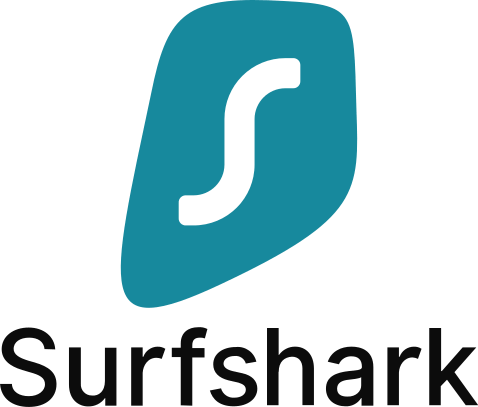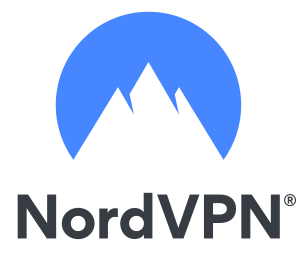You know you need a VPN, but you can’t figure out which ones are legit and which are full of it. I know how it is. I’ve been there. Please – let me take you to the other side.
If you’re reading this and you’re not using a VPN, there’s a good chance someone is watching you read it. This might be the most terrifying truth about the modern world we live in – and it’s even more terrifying that we’ve all come to accept it as normal.
Who’s watching you? Who knows. And that’s the problem.
It could be your Internet Service Provider, tracking your data to be sold to the highest bidder. It could be the government, spying on your search history. It could be Facebook, waiting to hit you with a targeted ad.
But according to a recent Google report, it’s probably worse than that. The search giant discovered that **more than 250,000 passwords are stolen every week ** – and to make matters worse, they discovered public forums where viruses and spying programs could be downloaded and spread by just about anyone.
“Someone has no malicious hacking experience… could find all the tools they need on criminal hacker forums,” said Kurt Thomas, a security researcher at Google in a recent interview with CNN Tech. Hacking is at an all-time high, and it’s never been easier for the average person to steal data anonymously.
When you consider the constantly growing number of threats coming from both large corporations and these “casual hackers”, it’s no wonder that VPNs have transitioned from being a clever way for techy geeks to bypass Netflix restrictions into what they are now: an absolutely essential piece of software for even the most casual internet user.
In fact, VPNs have become so widespread and important that Fast Company recently declared in a privacy report: “If you only do one thing to better protect your online privacy in 2019, start using a VPN.”
It’s clear everyone needs a VPN – you probably knew that already. But if you don’t have a VPN, you also know there’s a serious problem when you start to look for one…
The VPN Industry Is Completely Messed Up
Once you realize you need a VPN, choosing one can feel like an impossible task – even for savvy internet users. There seem to be a million options on the market, and all of them seem the same.
If you’ve ever searched for a VPN before, you’ve probably gone through this process:
- Google something like “best VPN” or “safest VPN”.
- Land on a “Top 5” website that doesn’t fully explain how each one is unique.
- Click on a few links, get confused, and decide “I’ll figure it out tomorrow…”
This frustrating situation has prevented millions of people from getting the protection they need. No matter what you do, it feels like you lose: You can either spend hours researching all these VPNs just to take a leap of faith on one of them (hoping they don’t steal your data themselves, as most “free” VPNs do)… or, you can continue putting your security at risk every time you type in your password.
At least, this was the dilemma for many… until one VPN started taking a different approach.






